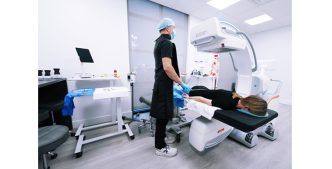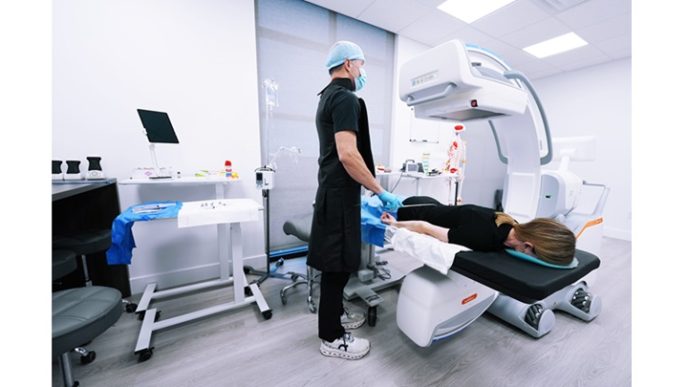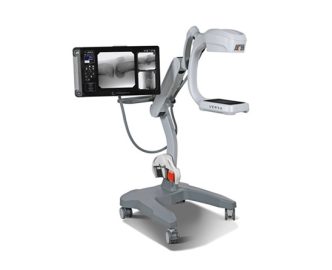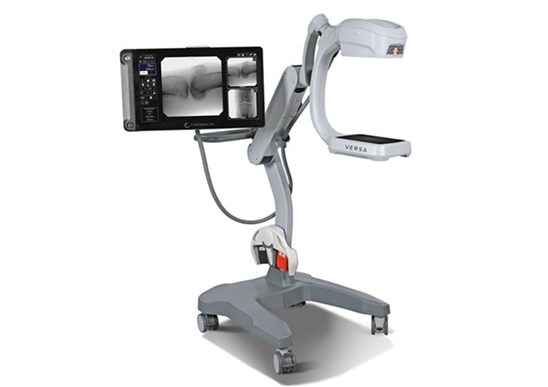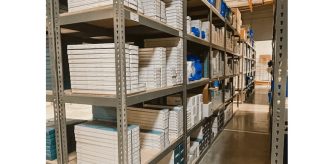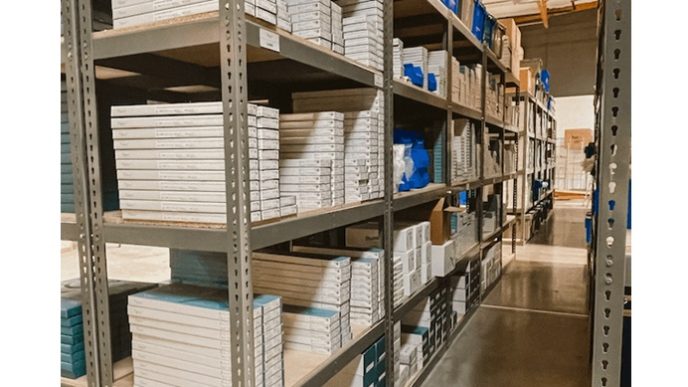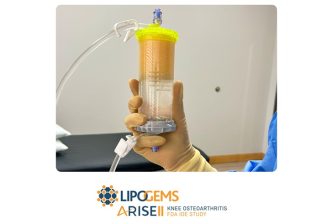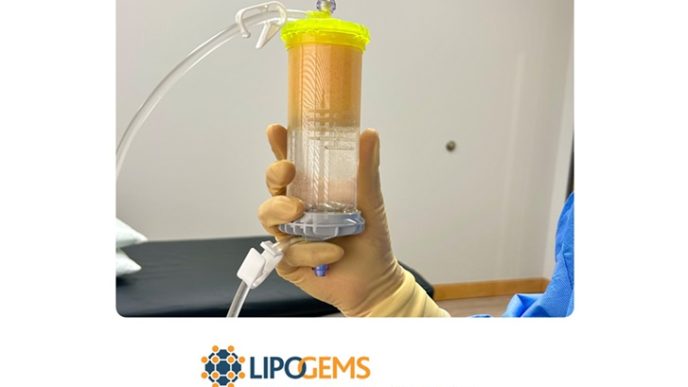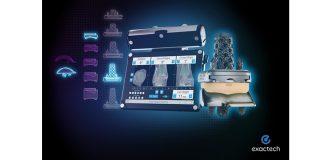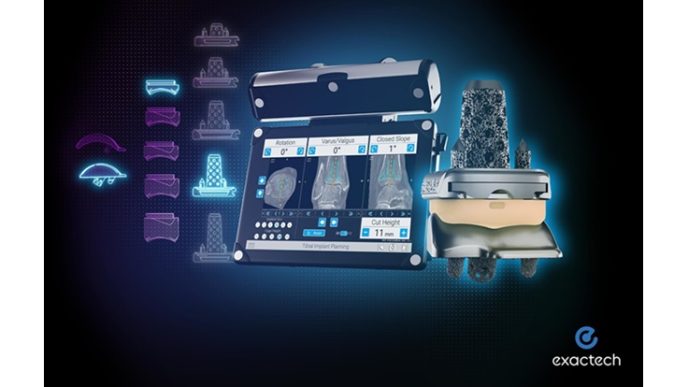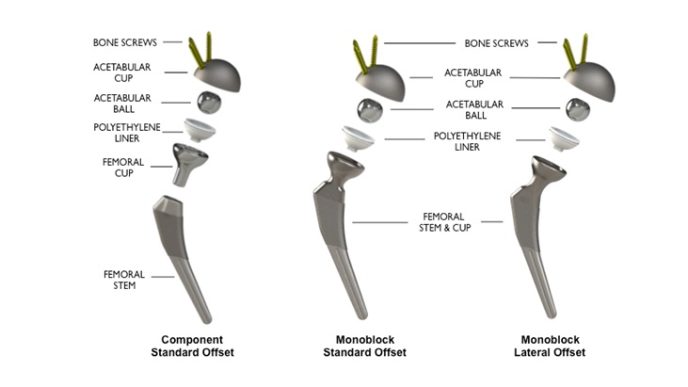Parsippany, NJ, February 28th, 2025 /OrthoSpineNews/ – The U.S. Patent and Trademark Office denied Fusion Orthopedics’ request to have Extremity Medical’s ‘166 patent reexamined. The Office determined that Fusion Orthopedics acted improperly in filing the request for reexamination to begin with, leading to the denial of the request. The Office expunged all information submitted by Fusion in their filing. The decision upholds the U.S. Patent Trial and Appeal Board decision that determined that the ‘166 patent survives after a prior challenge by Fusion.
The previous decision by the U.S. Patent Trial and Appeal Board set out the following:
Regarding Claim 11 specifically, it was challenged on two different grounds by Fusion Orthopedics (the Petitioner). Both challenges failed as described in the decision.
Section IV on page 67 of the decision establishes the order of the Board. Claim 11 survives based on the following order:
“. . . that Petitioner [Fusion Orthopedics] has not shown by a preponderance of the evidence that claim 11 of the ’166 patent is unpatentable;”
The Patent Office’s decisions allow the infringement lawsuit filed by Extremity against Fusion in the U.S. District Court for the District of Arizona to continue. Extremity believes that after the Court in Arizona reviews the evidence submitted in that case, the Court will find that Fusion infringes the ‘166 Patent.
We encourage the public to review the full decision which supports the survival of patent ‘166 and the recent denial for reevaluation:
US Patent and Trademark Office Ex Parte Reexamination Denial – February 21, 2025 LINK
US Patent Trial and Appeal Board Decision – November 4, 2024 LINK
About Extremity Medical
Extremity Medical, LLC, was founded in 2008, and is a privately held medical device company based in Parsippany, NJ. The company is known for creating innovative implants and instruments for upper and lower-extremity orthopedic procedures, including fixation, fusion, and motion preservation. Extremity Medical is focused on developing solutions for challenging cases that promote better outcomes, especially in patients with poor bone quality.




